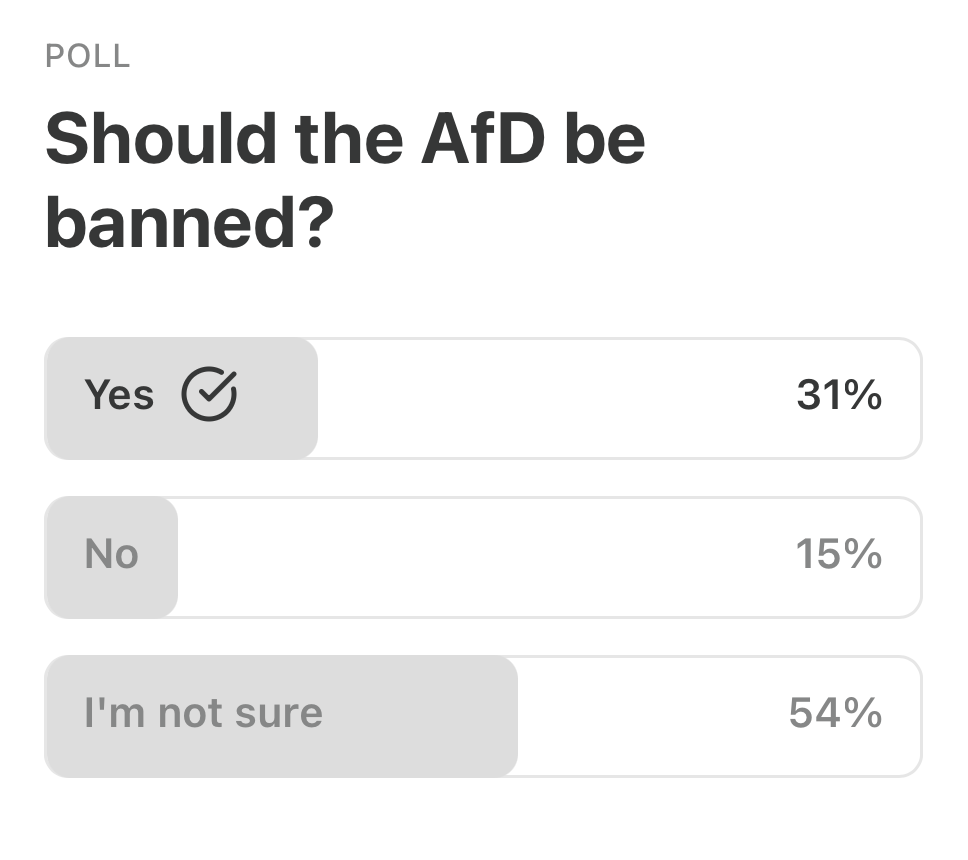We’re living through the golden age of the dopamine drip when every ping, every push notification, every “breaking” story competes for our most precious resource: attention. The daily news cycle has become a bona fide carnival of distraction.
I’m distracted and having a helluva time sustaining attention. There. I said it.
I know, I know. I’m not alone. But we’re so hypnotized by the latest outrage du jour that we’ve lost the thread entirely. While we rubberneck at the acrimonious (and utterly predictable) Trump-Musk divorce, the renaming of the Gulf of Mexico*, or Marjorie Taylor Greene’s shocking confession that she didn’t read Trump’s Big, Beautiful Bill, the core questions about power, legitimacy, representation, and democracy itself go unanswered. Worse, they go unasked.
This isn’t accidental. Steve Bannon once described the strategy as “flooding the zone with shit.” Welcome to the Shit Zone, my friends. It’s like the Twilight Zone, but with shit.
The zone is thoroughly flooded. While the republic wheezes, we’re flailing, chest deep in a cesspool of hot takes, partisan cosplay, and algorithm-fueled amnesia.
Bannon’s strategy is working. We are so busy reacting to the spectacle that we rarely pause to ask the questions that actually matter.
While we must courageously confront each assault on human dignity and liberal democracy and rule of law, it is equally essential to consciously make space to ask the right questions.
Put another way, we need not huff on the news du jour every damn jour. To reclaim the narrative, we must regularly step back and inquire.
With that in mind, and as a subtle act of resistance, I present you with a dozen thorny questions about American politics that we must earnestly wrestle with. Three sets of four. Let’s go.
1. How, if at all, is the left/right divide a useful way to understand American politics today? 2. Is bipartisanship in American politics still possible—or even desirable? 3. Are we living through a political realignment in American politics? If so, what does this realignment look like? 4. What’s more dangerous to American democracy: apathy or extremism? Explain… 5. What are the Democrats' most significant assets and liabilities moving forward? 6. How can the Democratic Party balance progressive and moderate factions without alienating key voters? 7. How, if at all, have Democrats over-emphasized identity politics? 8. What can be done to reinvigorate the Democratic Party? In considering this, should the Democratic Party lead with fear of the GOP, or hope for America? 9. What does “conservative” mean today, how has that changed since 2016, and what seems to be future of conservativism? 10. How do you best explain Republican victories (at national and state levels) over the last decade or so? What are your most cynical and empathic explanations? 11. Bearing in mind global circumstances and his electoral mandate, what would you like Trump’s foreign policy to look like in his second term? 12. Trump is 78 and in his second term. How, if at all, can the GOP sustain Trumpism without Trump?
These are vexing questions, but they’re not geared to ruin friendships or family barbecues. I hope that by framing them as such and sharing them here, more of us will resist getting perpetually pushed into Bannon’s Shit Zone, focusing instead on constructive dialogues.
Well a fella can hope, can’t he?
Yours,
D
*Last week, in his consistently brilliant, thoroughly inimitable Substack, Andy Borowitz made me LOL with this:
“In a move likely to stir controversy, Mexico has officially renamed the Liberty Bell ‘the TACO Bell,’ the Mexican president announced on Monday.
Effective immediately, the landmark will be referred to as the TACO Bell in all Mexican atlases, encyclopedias, and history textbooks, President Claudia Sheinbaum said.
In her announcement, she gave Donald J. Trump ‘full credit’ for the name change.”
Well played, Mr. Borowitz. Well played.
One last note. As promised, here is the result of the poll from my recent piece agonizing over the prospect of an AfD ban. My dear readers, wise one and all, seem to share my uncertainty. They also likely share my concerns.






